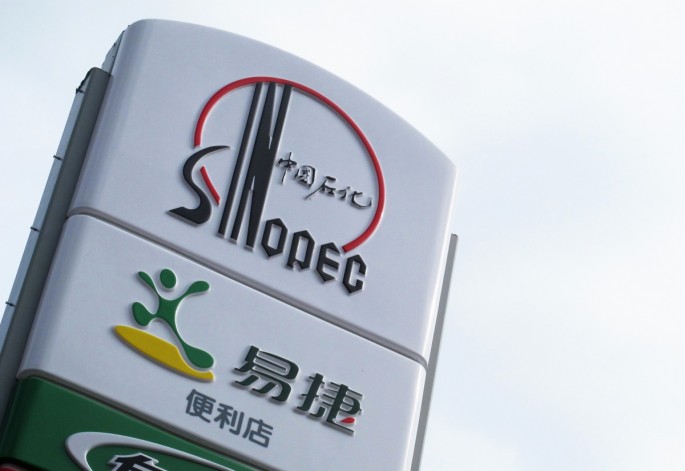China’s central government has appointed new set of chairmen to the country's top three oil companies as the industry faces falling global crude prices, industrial reforms, and fallout from President Xi Jinping’s anti-corruption drive.
Wang Yupu, deputy head of the Chinese Academy of Engineering, will be replacing Fu Chengyu as chairman of Sinopec Group, Asia's largest oil refiner, the Organization Department of Central Committee of the Communist Party announced on Monday.
But despite the change in leadership, the strategic path of Sinopec isn't likely to change due to the country's rising dependence on foreign supplies of crude oil, Lin Boqiang, director of the China Center for Energy Economics Research at Xiamen University, said to China Daily on Tuesday.
Li Li, research director at Shanghai-based consultancy firm ICIS Energy, said that industry analysts are eager to see whether Wang will continue the openness and innovation that characterized the reform process under Fu.
At 64, Fu Chengyu will retire after serving an additional year as chairman. Typically, most heads of state-owned companies step down at 63, but Fu, who has been at Sinopec's helm since 2011, was allowed to remain beyond the designated age.
Wang's appointment comes after the central government announced earlier this week that Wang Yilin, the current chairman of the China National Offshore Oil Corp. (CNOOC) will replace Zhou Jiping as head of the China National Petroleum Corp. (CNPC), the country's biggest oil producer.
"Wang [Yilin] will have a lot on his plate," Li said. "CNPC is now facing multiple problems including sharply declining profits, the anti-graft campaign and the unclear direction of mixed-ownership reform."
Born in 1956, Wang Yilin was the former deputy general manager of CNPC after serving as head of the company's subsidiary at the Xinjiang Uyghur Autonomous Region in the country's northwest. He was designated chairman of the CNOOC during the last leadership reshuffle four years ago.
His position at CNOOC will be taken over by Yang Hua, the corporation's current president, the Organization Department said in a statement.
Yang joined CNOOC in 1982 as an upstream oil exploration geologist. He later became the company's chief financial officer, where he played a key role on CNOOC's acquisition of Nexen, Inc., its largest takeover to date, in 2013.
"New leaders would have better opportunities and less of a burden to move the reform forward quickly, that is exactly what the leadership change is about," said Gordon Kwan, the Hong Kong-based head of regional oil and gas research at Nomura.
CNPC and Sinopec control most of China's crude imports, including most of its oil and gas exploration rights and pipelines, as well as half of its petrol stations, while CNOOC is the largest oil company in the country in terms of offshore oil and gas production.



























